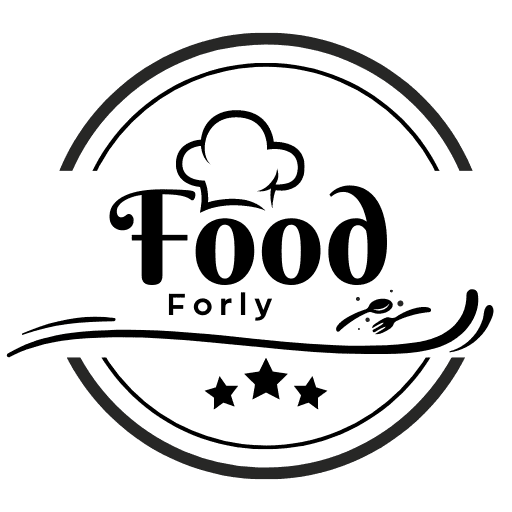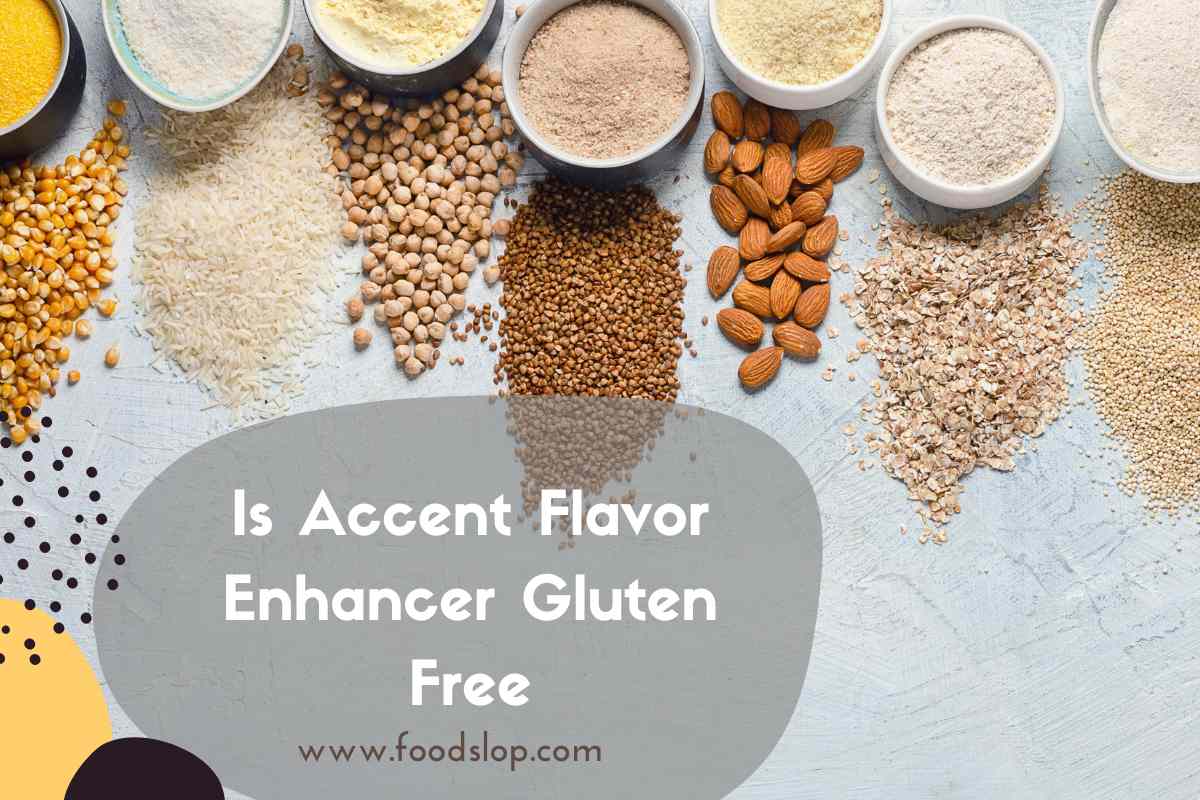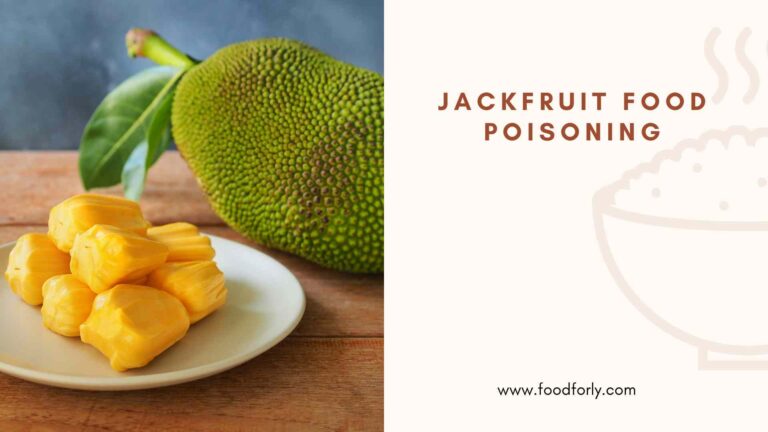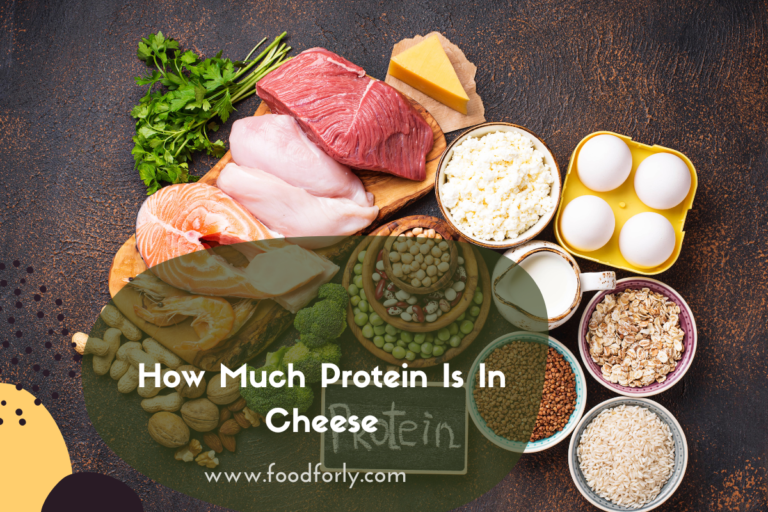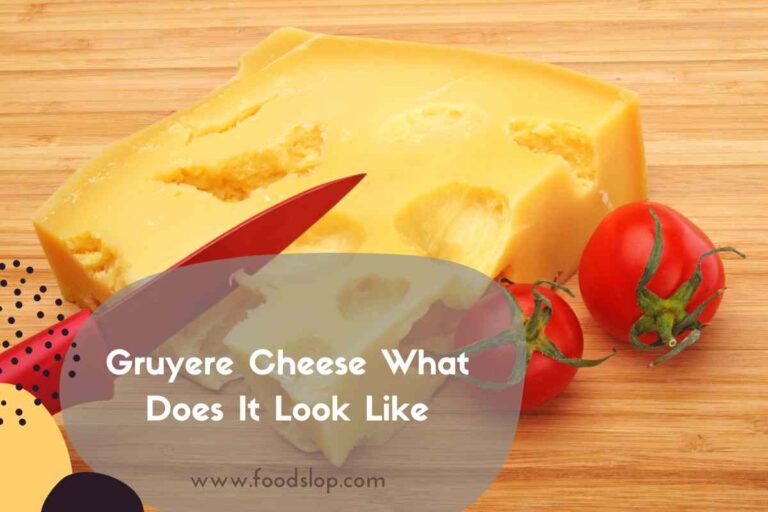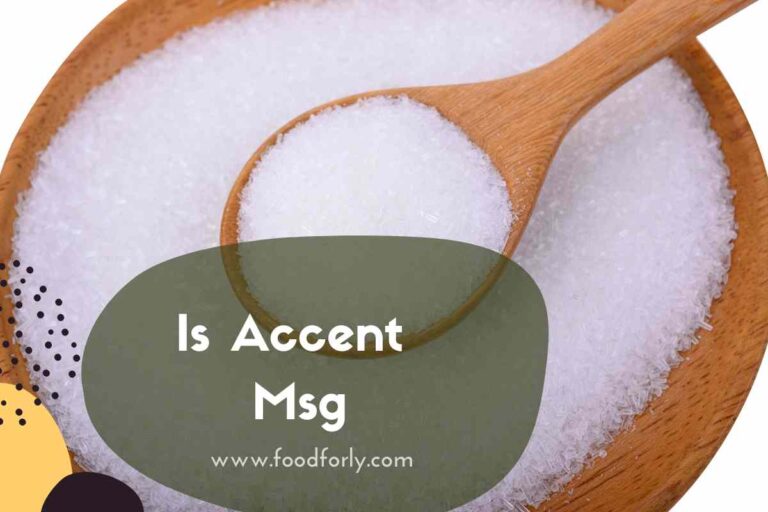Is Accent Flavor Enhancer Gluten Free
Do you have Celiac Disease or gluten sensitivity, but are wondering if Accent Flavor Enhancer is safe for you to use If so, you’ll be happy to know that Accent Flavor Enhancer is indeed gluten-free.
This product is made with a blend of ingredients, including monosodium glutamate, hydrolyzed vegetable protein, and disodium inosinate, none of which contains gluten.
Is Accent Flavor Enhancer Gluten Free
Additionally, Accent Flavor Enhancer is produced in a facility that does not process wheat or other gluten-containing grains. So, if you’re looking for a gluten-free way to enhance the flavor of your meals, then Accent Flavor Enhancer is the perfect option for you!
Yes, Accent Flavor Enhancer is gluten-free. It is made with a blend of ingredients including monosodium glutamate, hydrolyzed vegetable protein, and disodium inosinate, none of which contain gluten. Additionally, Accent Flavor Enhancer is produced in a facility that does not process wheat or other gluten-containing grains. Therefore, consumers with Celiac Disease or gluten sensitivities can safely use Accent Flavor Enhancer.
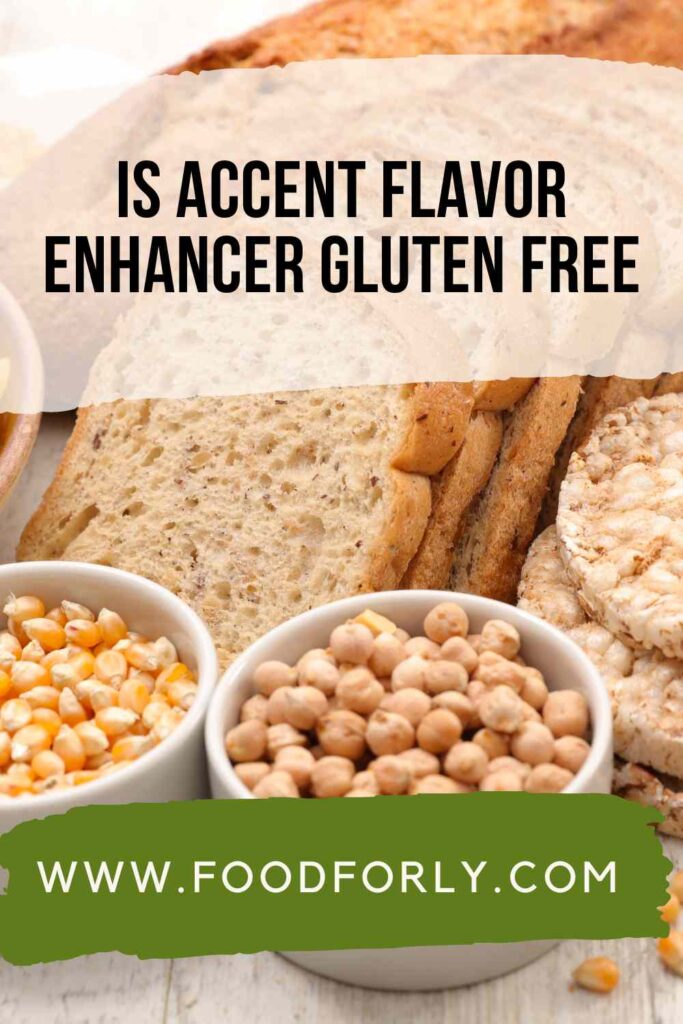
Is Accent Flavor Enhancer Gluten Free
Are you looking for a gluten-free option to add flavor to your food Look no further than Accent Flavor Enhancer! This product contains a blend of ingredients that are free from gluten, including monosodium glutamate, hydrolyzed vegetable protein, and disodium inosinate.
What’s more, Accent Flavor Enhancer is produced in a facility that does not process wheat or other gluten-containing grains. Therefore, you can be sure that Accent Flavor Enhancer is safe to consume for those with Celiac Disease or gluten sensitivities. Try it today for a delicious and gluten-free way to enhance the flavor of your favorite dishes!
Related Post: Roast Jackfruit Seeds
What Is Accent Flavor Enhancer
Accent Flavor Enhancer is an all-purpose seasoning to enhance the flavor of your favorite dishes. It’s made with a blend of ingredients, such as monosodium glutamate, hydrolyzed vegetable protein, and disodium inosinate, that give it a unique and delicious flavor.
It can be used to add a savory, salty taste to any food, from soups and salads to meat and seafood. Plus, it’s gluten-free and produced in a facility that does not process wheat or other gluten-containing grains, so it’s safe for consumers with Celiac Disease or gluten sensitivities.
With Accent Flavor Enhancer, you can take any dish from bland to bold in just a few shakes. Try it today and discover a whole new world of flavor!
Related Post: Gruyere Cheese How To Pronounce
Is Accent Flavor Enhancer Gluten Free
Accent Flavor Enhancer is a great seasoning to add flavor to any dish. Many people worry about the ingredients in their food, particularly those with Celiac Disease or gluten sensitivities. The good news is, Accent Flavor Enhancer is gluten-free! It is made with a blend of ingredients including monosodium glutamate, hydrolyzed vegetable protein, and disodium inosinate, none of which contain gluten.
Furthermore, Accent Flavor Enhancer is produced in a facility that does not process wheat or other gluten-containing grains. With this assurance, you can confidently add Accent Flavor Enhancer to your favorite dishes without worrying about gluten. Enjoy your meal with the delicious flavor of Accent Flavor Enhancer!
Related Post: Accent Seasoning Replacement
Understanding Gluten Intolerance

Gluten intolerance or sensitivity is an increasingly common medical condition that affects millions of people worldwide. People with this condition need to be aware of the ingredients used in food products, as gluten is present in many foods, including breads, pastas, and cereals.
When making food choices, it is important to understand which products are gluten-free. Accent Flavor Enhancer is one such product – it is made with a blend of ingredients including monosodium glutamate, hydrolyzed vegetable protein, and disodium inosinate, none of which contain gluten.
Additionally, Accent Flavor Enhancer is produced in a facility that does not process wheat or other gluten-containing grains. Therefore, people with gluten intolerance can safely use Accent Flavor Enhancer.It is important for people with gluten intolerance to be informed about which foods and products are safe for them to consume.
Having the knowledge to make informed food choices can help people with gluten intolerance maintain a healthy, balanced diet.
Related Post: Gruyere Cheese Substitute Parmesan
Benefits Of Gluten-free Products
Gluten-free products are becoming increasingly popular as people become more aware of the potential health risks associated with a gluten-containing diet. Gluten-free products can provide numerous health benefits, including improved digestion, reduced inflammation, and better overall health.
One example of a gluten-free product is Accent Flavor Enhancer, which is made with a blend of ingredients including monosodium glutamate, hydrolyzed vegetable protein, and disodium inosinate. This product is produced in a facility that does not process wheat or other gluten-containing grains, making it safe for people with Celiac Disease or gluten sensitivities to use.
Gluten-free products can also provide additional nutritional benefits, such as increased levels of fiber and vitamins. By using gluten-free products, you can rest assured that you are getting the nutrients your body needs while avoiding the potential health risks associated with gluten.
Related Post: Gruyere Cheese Factory
Accent Flavor Enhancer Substitutes
Accent Flavor Enhancer is a great way to add flavor to a variety of dishes. For those with Celiac Disease or gluten sensitivities, it’s a gluten-free option for seasoning. If you’re looking for alternatives to Accent Flavor Enhancer, there are plenty of options that can add the same delicious flavor to your dishes.
One option is to use a combination of herbs and spices. A combination of sea salt, garlic powder, onion powder, black pepper, oregano, thyme, and paprika can provide a flavorful kick to your dish. You can also experiment with different flavor combinations to find something that suits your taste.
Another option is to use flavored oils or vinegars. These can be used in place of Accent Flavor Enhancer, but can also provide an extra layer of flavor to your dish. A blend of olive oil, garlic, and rosemary can give a Mediterranean vibe, while a combination of sunflower oil, mustard, and honey can create a more Asian-inspired flavor.
Finally, you can also use sauces, such as teriyaki or Worcestershire, to add a unique kick to your dishes. These sauces can be used alone or combined with other ingredients to create a unique flavor profile.No matter what you choose, there are plenty of options for substituting Accent Flavor Enhancer.
From herbs and spices to flavored oils and sauces, you can easily find something that meets your dietary needs and flavor preferences.
Related Post: What Cheese Is Gruyere Similar To
Buy Gluten-free Accent Flavor Enhancer
For people with gluten sensitivities or Celiac Disease, Accent Flavor Enhancer is the perfect addition to your kitchen. Accent Flavor Enhancer is gluten-free and made with a blend of monosodium glutamate, hydrolyzed vegetable protein, and disodium inosinate.
It is produced in a facility that does not process wheat or other gluten-containing grains. Not only is Accent Flavor Enhancer gluten-free, but it also adds a delicious flavor to your food. Buy Accent Flavor Enhancer today, and enjoy a flavorful, gluten-free meal!
Related Post: Le Gruyere Pronunciation
is accent gluten free
Yes, many of Accent’s products are gluten free. Accent’s website lists a wide variety of their gluten-free products, including their seasonings, marinades, and sauces.
disodium inosinate gluten free
Yes, disodium inosinate is usually gluten free. Although there is no gluten content in the ingredient itself, it is important to check the product labels of the particular product you are using to make sure it does not contain any gluten-containing ingredients.
is accent seasoning gluten free
Yes, Old Bay Seasoning is gluten free and does not contain any gluten ingredients.
is disodium inosinate gluten free
Yes, disodium inosinate is gluten free. It is a flavor enhancer made from naturally occurring ingredients,
and is not derived from wheat, rye, barley, or other gluten-containing grains, and therefore does not contain gluten.
is disodium guanylate gluten free?
Disodium guanylate is gluten-free. It is a food additive used as a flavor enhancer, and is produced through the fermentation of molasses, sugar beets, or tapioca starch.
Is Accent Flavor Enhancer Gluten Free?
No, Accent Flavor Enhancer is not gluten free. Accent is made from monosodium glutamate (MSG), which contains wheat gluten. Disodium guanylate, another ingredient in Accent, is also not gluten free.
Is Accent Gluten Free?
No, Accent is not gluten free. As mentioned above, Accent contains both wheat gluten and MSG, both of which contain gluten.
Is Disodium Guanylate Gluten Free?
No, disodium guanylate is not gluten free. It contains wheat gluten, which is a common source of gluten.
Is Accent Seasoning Gluten Free?
No, Accent Seasoning is not gluten free. It contains both MSG and disodium guanylate, both of which contain gluten.
Understanding Gluten-Free and Kosher Products
When it comes to managing specific dietary needs, understanding the nature of food products is crucial. A gluten-free diet, for example, is one that excludes gluten, a protein found in grains such as wheat, barley, and rye. For those adhering to this diet, it’s essential to identify which products are gluten-free. Monosodium glutamate, commonly known as MSG and often marketed under the brand name Ac’cent,
is one such product that is gluten-free. This means it can safely be incorporated into a gluten-free diet without concern. Moreover, MSG, including Ac’cent, is also often classified as kosher, meaning it adheres to the regulations of kashrut, Jewish dietary law. Hence, for those following a gluten-free diet or maintaining kosher dietary practices, products like MSG can be a valuable addition to their culinary toolkit.
In order to clarify any potential confusion surrounding the terms “monosodium glutamate” and “gluten,” it is important to understand their individual properties. Monosodium glutamate (MSG) is a flavor enhancer commonly used in various cuisines to add a savory taste to dishes. It is worth noting that MSG itself does not contain gluten. On the other hand, gluten is a protein found in certain grains such as wheat, barley, and rye. Therefore, foods that contain these grains typically have gluten.
To address the queries “is monosodium glutamate gluten-free?” and “what has gluten?” it is necessary to emphasize that monosodium glutamate is indeed gluten-free. Gluten, as previously mentioned, is not present in MSG. This distinction highlights that monosodium glutamate does not pose a risk for those following a gluten-free diet.
One may wonder, “is glutamate gluten?” The answer is no, glutamate itself does not contain gluten. Gluten is solely found in specific grains, while glutamate is a naturally occurring amino acid that can be found in various foods and even in our bodies.
Expanding on the phrase “monosodium glutamate gluten-free,” it is important to acknowledge that MSG does not contain gluten. Hence, when referring to monosodium glutamate, it can be stated that it is indeed gluten-free.
Another important phrase is “does monosodium glutamate have gluten?” and the answer is no, MSG does not have gluten. Therefore, individuals who need to avoid gluten in their diet can consume monosodium glutamate without concern.
Lastly, the phrase “gluten-free means glutamate gluten-free in English” can be addressed by stating that in the English language, when a product is labeled as “gluten-free,” it signifies that it does not contain gluten, including glutamate.
In summary, monosodium glutamate is gluten-free, as it does not contain gluten or pose any risk for individuals following a gluten-free diet. The presence of gluten is primarily associated with certain grains, while glutamate is a separate compound. Therefore, individuals can confidently consume monosodium glutamate without worrying about gluten content.
- is monosodium glutamate gluten free
- what is gluten in
- monosodium glutamate gluten free
- is glutamate gluten free
- glutamate gluten free
- gluten free means
Conclusion
In conclusion, Accent Flavor Enhancer is indeed gluten free, as none of its ingredients contain gluten and it is produced in a facility that does not process wheat or other gluten-containing grains. Therefore, this product is a safe option for those with Celiac Disease or gluten sensitivities.
